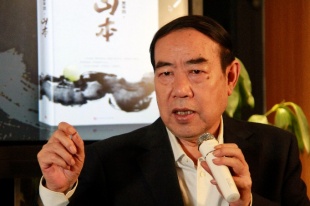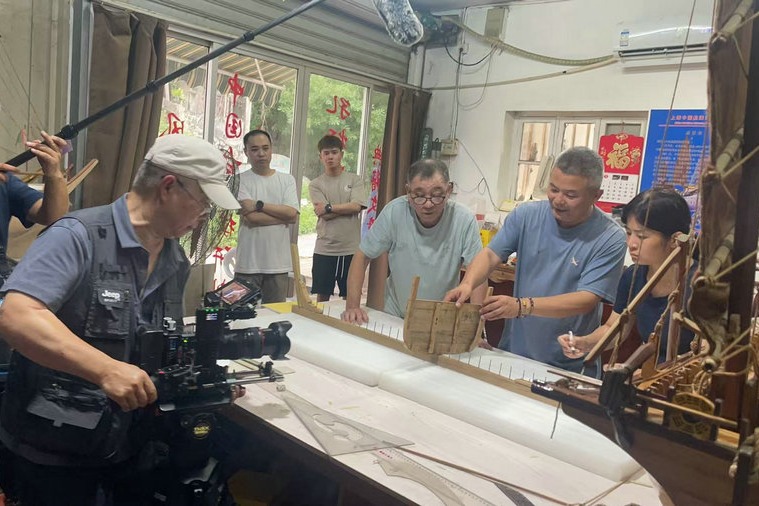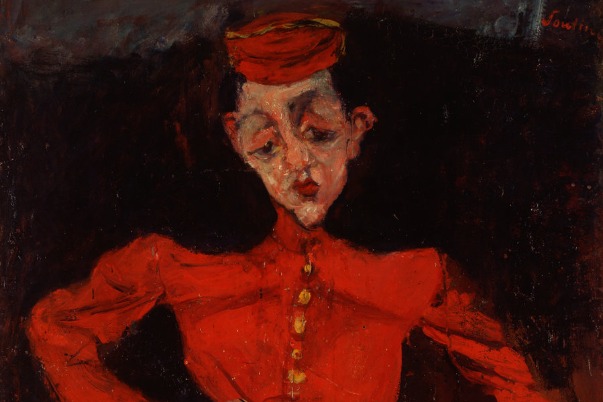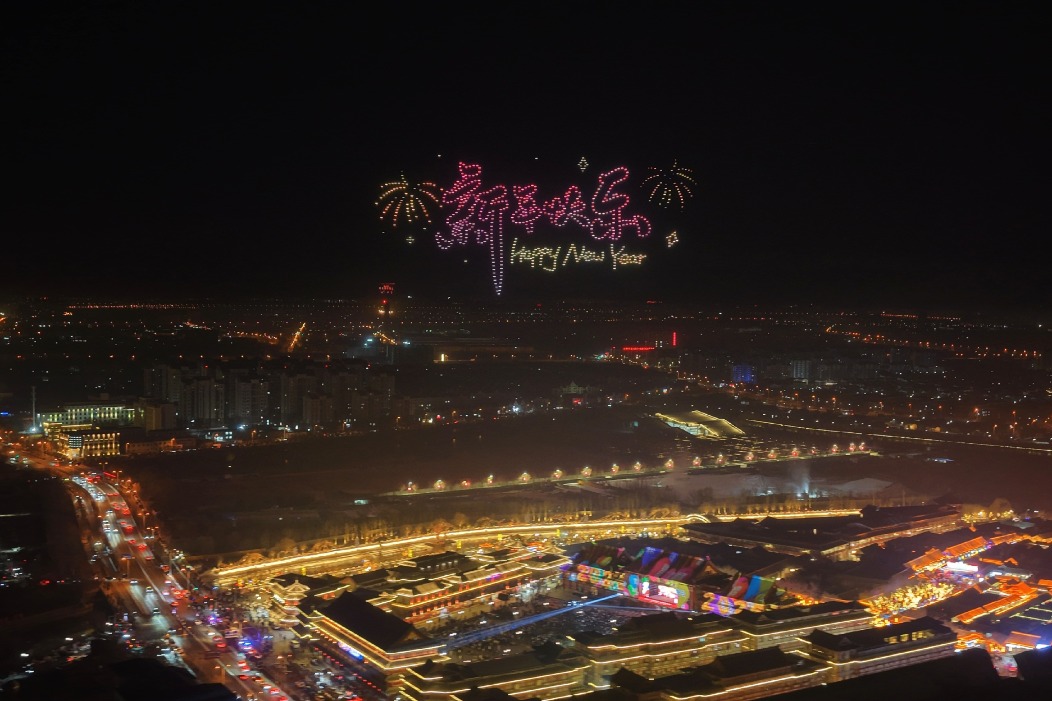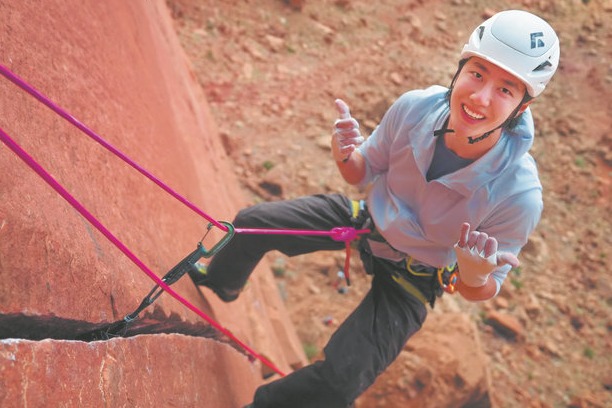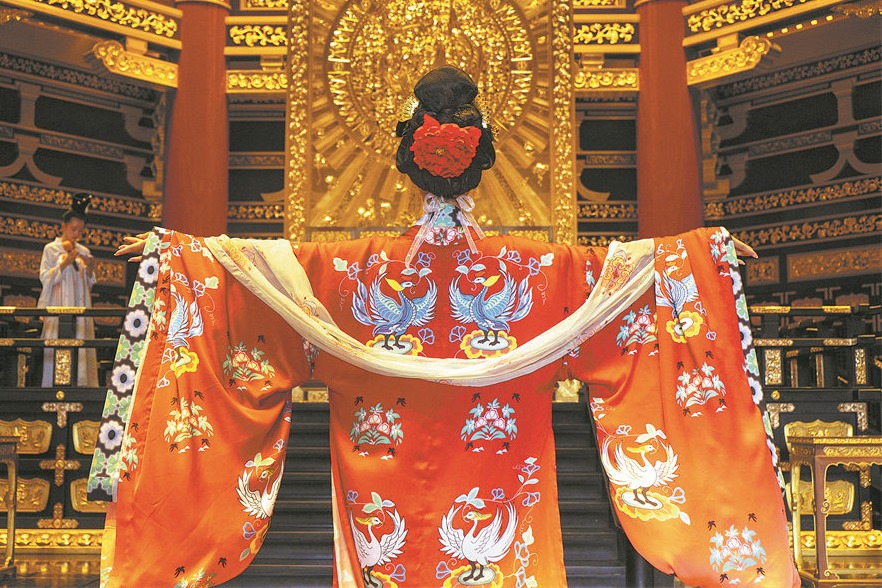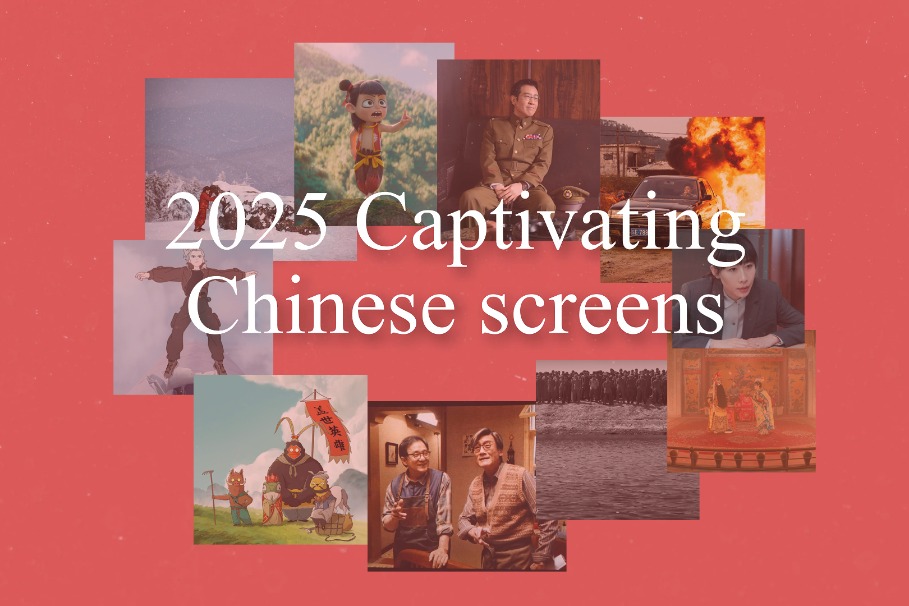Courting controversy

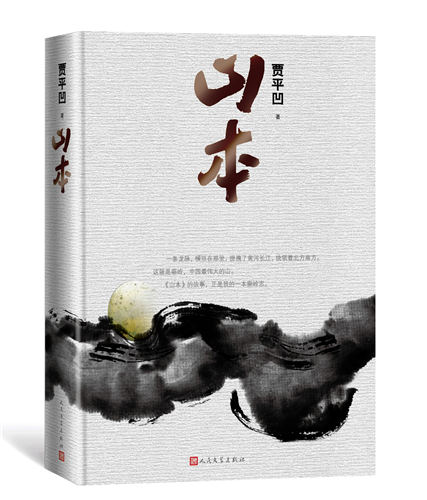
Jia says that over the years his literary influences have included ancient Chinese literature, Russian realism, Western modernism and post-modernism, as well as the revolutionary realism born shortly after establishment of new China.
"I started writing with what I was familiar with. Then I was concerned about the social meaning of my writing and thus I lost my voice and became a symbol of a collective consciousness, and later on I tried to find who I was," he says.
"I feel a strong urge to write. I'm never satisfied with my output, thinking only that the next one might be the best."
In his latest novel, Jia writes about frequent wars and deaths.
The story, however, is set in the Qinling Mountains in the 1920s and '30s, and is about the complicated nature of history and human beings.
In the story, a local armed force has grown out of some auspicious signs and a goodhearted woman's persistence.
Then, the heroes of the time rise to become warlords, but more warlords mean more suffering for ordinary people.
"I always wanted to write about Qinling, because to me, Qinling represents my hometown, and China," he says.
Jia also says that he believes that 70 to 80 percent of the country's historic events happened there, a place where the Yellow River merges with the Yangtze River, and the northern culture of the country merges with the southern one.
The idea for the book started taking shape when Jia visited Qinling to collect material for a book about animals and plants in the mountains.
But though that task is unfinished, he collected tons of folk tales about the 1920s and '30s.
The mysterious aspects in deep mountains are turned into vivid elements in the novel, where a mouse predicts the coming of wars, an old tree knows to reward goodness and a man could understand animals.
Critic Wang Chunlin says the novel is an "encyclopedia about Qinling", but adds that it is also about Chinese revolutionary history.
"Jia's thoughts even delve into religion and philosophy," Wang says.
Kong Lingyan, editor of the hardback, says Jia looks at history from above, and he chooses a small spot - a town - for a grand narrative.
Jia, who spent three years looking for ways to look back at history, says: "It (history) is subjective. It's the accumulation of numerous oral accounts, and it's about how individuals view it.
"From oral tales to literature, what really matters is the writer himself, how he or she views and feels things. Whatever I wrote, I was writing about me."
Meanwhile, some literary critics say Lu Juren, the female protagonist who's depicted as a perfect woman, stands for Jia's belief in the warmth of human nature.
And Jia lets Lu grow into a better version of herself.
Besides his obvious writing skills, Jia also has beautiful handwriting and a talent for calligraphy.
Kong says Jia has a habit of writing all his drafts on notebooks.
"Editors often receive a pile of Jia's notebooks full of beautiful handwriting."


